Directory
- Share
Aryaman Raj Sokhal
- Scholar
- India
- 2024 PhD Chemistry
- Queens' College
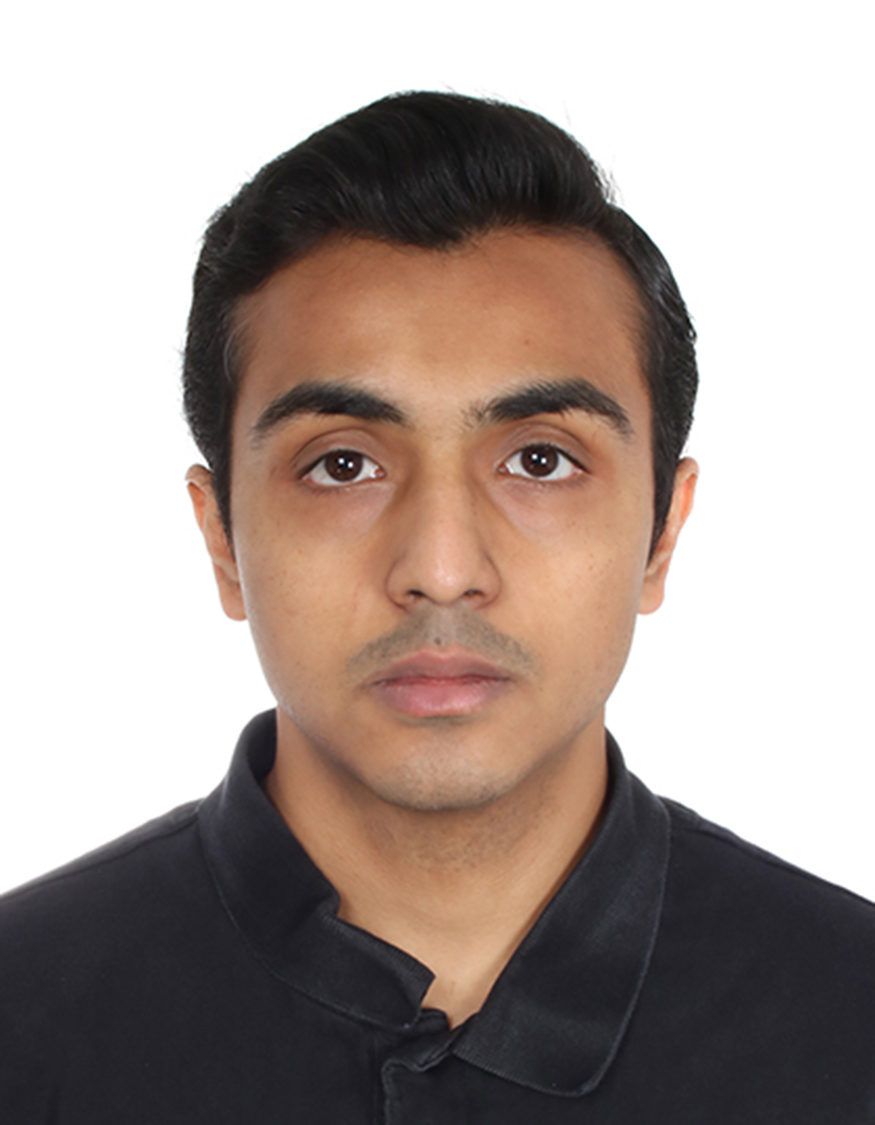
Aryaman Raj Sokhal
- Scholar
- India
- 2024 PhD Chemistry
- Queens' College
I grew up in New Delhi, India. At the age of three, I was diagnosed with asthma, and it was then that I developed a deep fascination with how medicines could so easily relieve my symptoms. This fascination led me to the University of Cambridge for an integrated Master's degree in Chemistry, which I could use as a tool to contribute to the development of drugs that could help so many people in need around the world. Thanks to the Gates Cambridge Scholarship, I am one step closer to this goal as I will pursue my PhD in synthesising drugs that could potentially be used to treat cancers resistant to traditional chemotherapy. I am highly grateful to become a part of this community of diverse individuals with one common goal - the betterment of mankind. I look forward to enriching discussions and projects with fellow Gates Cambridge Scholars, which will not only improve my perspective on the wider world but will also have an incredible impact on humanity.
Previous Education
University of Cambridge Natural Sciences Tripos 2024
University of Cambridge Natural Sciences Tripos 2023
Buntarika Somboonsub
- Alumni
- Thailand
- 2005 LLM Law
- Trinity Hall

Buntarika Somboonsub
- Alumni
- Thailand
- 2005 LLM Law
- Trinity Hall
I'm definitely sure that our friendship will last even we will be in different part of the world!
Emma Soneson
- Alumni
- United States
- 2018 PhD Psychiatry
- Clare College

Emma Soneson
- Alumni
- United States
- 2018 PhD Psychiatry
- Clare College
Emma graduated with a PhD in Psychiatry in 2023. Her doctoral research focused on how public health approaches can improve the identification of and response to mental health difficulties in children and young people. Throughout her time at Cambridge, Emma's research, leadership, and impact were recognised with several awards, including the Bill Gates Sr. Prize, the Clinical School's Milo Keynes Prize for Outstanding Dissertation, the Vice Chancellor's Awards for Research Impact and Engagement, and the NIHR Mental Health Research Incubator's Prize for 'Collaborative Involvement of Patients and the Public'.
Emma is currently a Senior Postdoctoral Researcher in the Department of Psychiatry at the University of Oxford as well as a Fulford Junior Research Fellow at Somerville College. Her varied research programme covers many aspects of child and adolescent mental health, including psychiatric epidemiology, intervention development and evaluation, implementation, and methodological research. The ultimate goal of her work is to reduce the incidence, prevalence, and impact of child and adolescent mental health difficulties, with a particular focus on better supporting children and adolescents from marginalised and minoritised groups.
Previous Education
Yale University
University of Cambridge
Links
https://www.psych.ox.ac.uk/team/emma-soneson
https://twitter.com/emma_soneson
Julian Sonner
- Alumni
- Germany
- 2004 PhD Theoretical Physics
- Trinity College

Julian Sonner
- Alumni
- Germany
- 2004 PhD Theoretical Physics
- Trinity College
I work on holographic models of strongly-correlated systems, such as high-Tc superconductors. These models have arisen from developments in string theory and my background and continued interest in this subject has allowed me to develop new rigorous models of holographic condensed-matter physics starting from first principles. Recently I have been particularly interested in out-of-equilibrium situations, which, besides being an extremely important and promising area, are great fun to work on, since their solution likely needs a host of different techniques and insights from all parts of physics.
Anilkumar Sorathiya
- Alumni
- India
- 2007 PhD Computer Science
- Fitzwilliam College
Anilkumar Sorathiya
- Alumni
- India
- 2007 PhD Computer Science
- Fitzwilliam College
I majored in Computer Science at Manchester University. I work on Computational Science: mathematical modeling of biological systems using dynamical system. I am trying to understand the dynamics of biological systems, especially the spreading of HIV. Understanding model behaviour could improve our understanding of the mechanism of disease, at least in some limited context. The creation of models has been essential in many important advances in biology. The power of modern computers and theoretical methods are designed to interrogate complex systems so we can aid our understanding of disease. I must say that the support from the Gates Foundation is splendid.
Marjorie Sorensen
- Alumni
- Canada
- 2010 PhD Zoology
- St John's College
Marjorie Sorensen
- Alumni
- Canada
- 2010 PhD Zoology
- St John's College
After a childhood discovering the wilderness of Canada's West Coast, I studied Environmental Biology at the University of British Columbia. I then began my MSc in Zoology at the University of Guelph where I studied the winter ecology of Cassin’s Auklets, a Pacific seabird species that has declined by 80% since the 1970s. I am excited to be starting my PhD at the University of Cambridge in the Behavioural Ecology Group. My research will focus on the causes of population declines in Palearctic-African migratory bird species that travel between their wintering grounds in sub-Saharan Africa and breeding grounds in Europe and Asia.
Spyridon Sotiriadis
- Alumni
- Greece
- 2005 CASM Mathematics
- Robinson College

Spyridon Sotiriadis
- Alumni
- Greece
- 2005 CASM Mathematics
- Robinson College
How do quantum systems tend to equilibrium when starting from an arbitrary initial condition? How does energy or particles flow from higher to lower concentration areas? My goal is to understand the emergence and mechanism of equilibration in many-particle systems based on the fundamental laws of quantum physics.
After finishing my BSc in Physics at the University of Athens, I studied a Master's in Mathematics at the University of Cambridge and obtained my DPhil in Theoretical Physics from the University of Oxford. My work led me to an immense fascination with the physics of the quantum dynamics of many-body systems. During my subsequent post-doctoral work, I further developed my personal research profile in the area of out-of-equilibrium quantum statistical mechanics. In my research, I have studied a diverse set of problems ranging from mathematical to theoretical physics with applications to experiments at the crossroads of basic science and the emerging field of quantum technologies.
Previous Education
University of Athens
Links
Elizabeth Sowers
- Alumni
- United States
- 2004 MPhil Modern Society & Global Transitions
- St John's College

Elizabeth Sowers
- Alumni
- United States
- 2004 MPhil Modern Society & Global Transitions
- St John's College
At Cambridge, I hope to study the problems and possibilities for human rights in a globalizing world. I plan to explore the tension between economic globalization (which has brought benefits for some) and upholding some standard of human rights, as well as the relationship between the ideal of universal human rights and the need to respect cultural differences. I hope to put this research to practical use at the international level in the future.
Brian Spatocco
- Alumni
- United States
- 2008 MPhil Micro- and Nanotechnology
- Churchill College
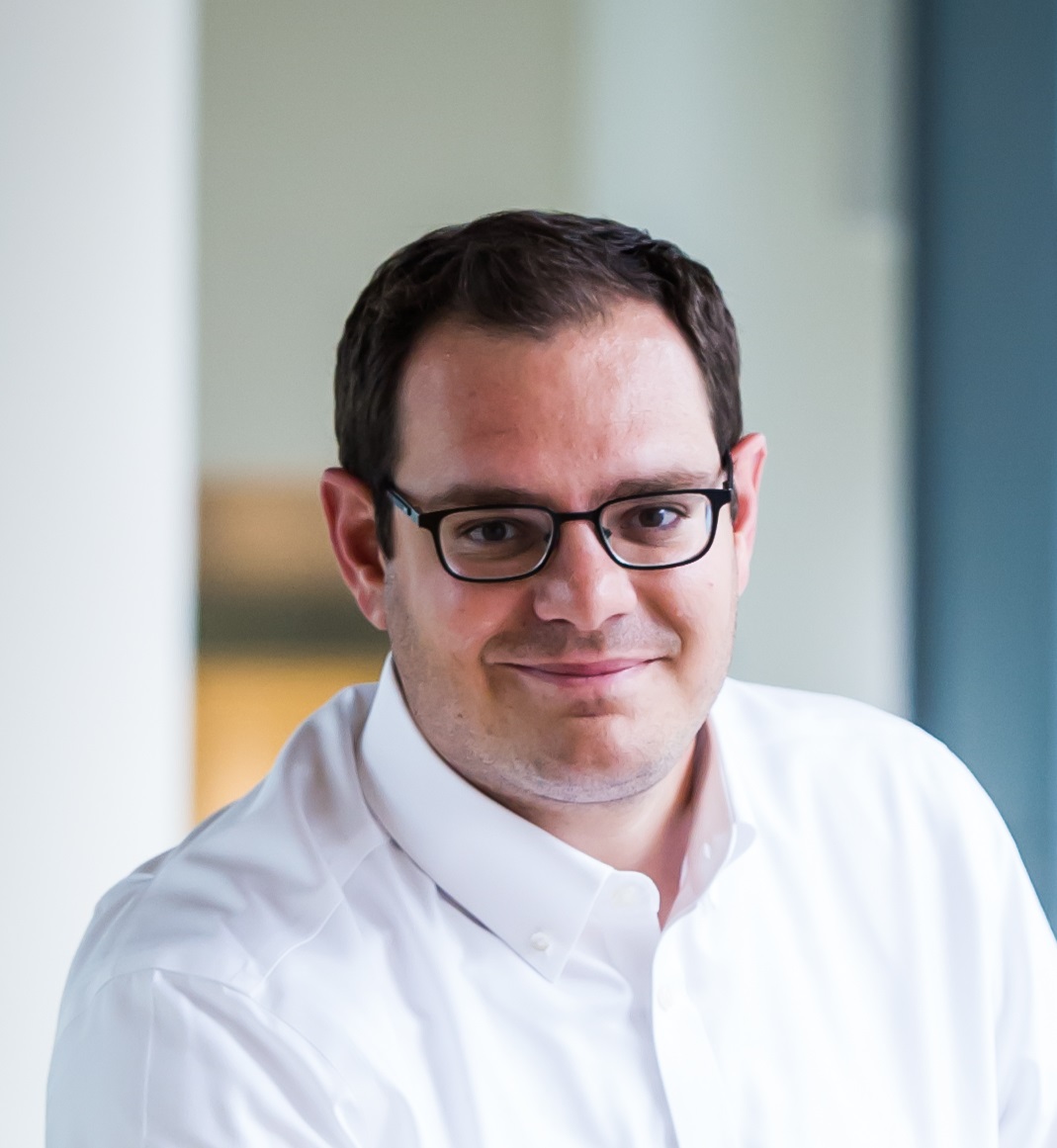
Brian Spatocco
- Alumni
- United States
- 2008 MPhil Micro- and Nanotechnology
- Churchill College
Previous Education
Rutgers University B.S. Materials Science and Engineering 2008
Dakota Spear
- Alumni
- United States
- 2015 MPhil Biological Science (Zoology)
- Churchill College
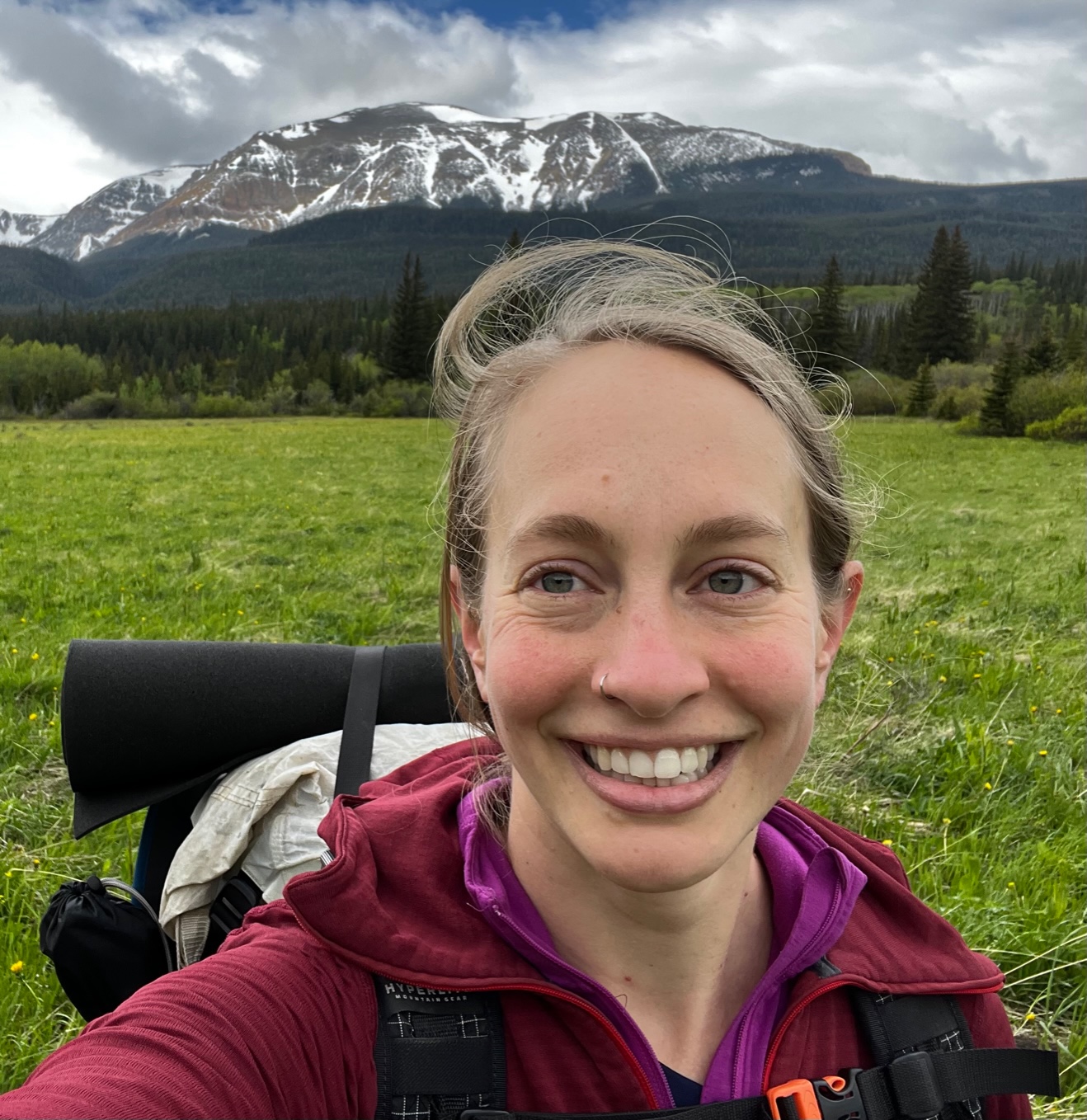
Dakota Spear
- Alumni
- United States
- 2015 MPhil Biological Science (Zoology)
- Churchill College
I currently live and work in Seattle, Washington, USA. For more information please see my LinkedIn page.
Previous Education
Pomona College
Rose Spear
- Alumni
- United States
- 2006 PhD Materials Science and Metallurgy
- Lucy Cavendish College
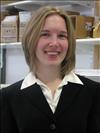
Rose Spear
- Alumni
- United States
- 2006 PhD Materials Science and Metallurgy
- Lucy Cavendish College
I am honored to belong to the Gates Cambridge community of scholars. My undergraduate research inspired me to combine my love of medicine and scientific experimentation in the field of biomaterials research. During my PhD at Cambridge, I investigated the biomedical and pharmaceutical applications of carbon nanomaterials. Currently, I work on porous ferromagnetic fibre networks for stimulating bone tissue. I am actively involved in the British Science Association, organising SciScreen, SciBar and Science Busking events in the Cambridgeshire region.
Pedro Spivakovsky-Gonzalez
- Alumni
- United States
- 2012 MPhil Development Studies
- King's College
Pedro Spivakovsky-Gonzalez
- Alumni
- United States
- 2012 MPhil Development Studies
- King's College
Jillian Sprenger
- Alumni
- Canada
- 2021 MPhil Environmental Policy
- Corpus Christi College
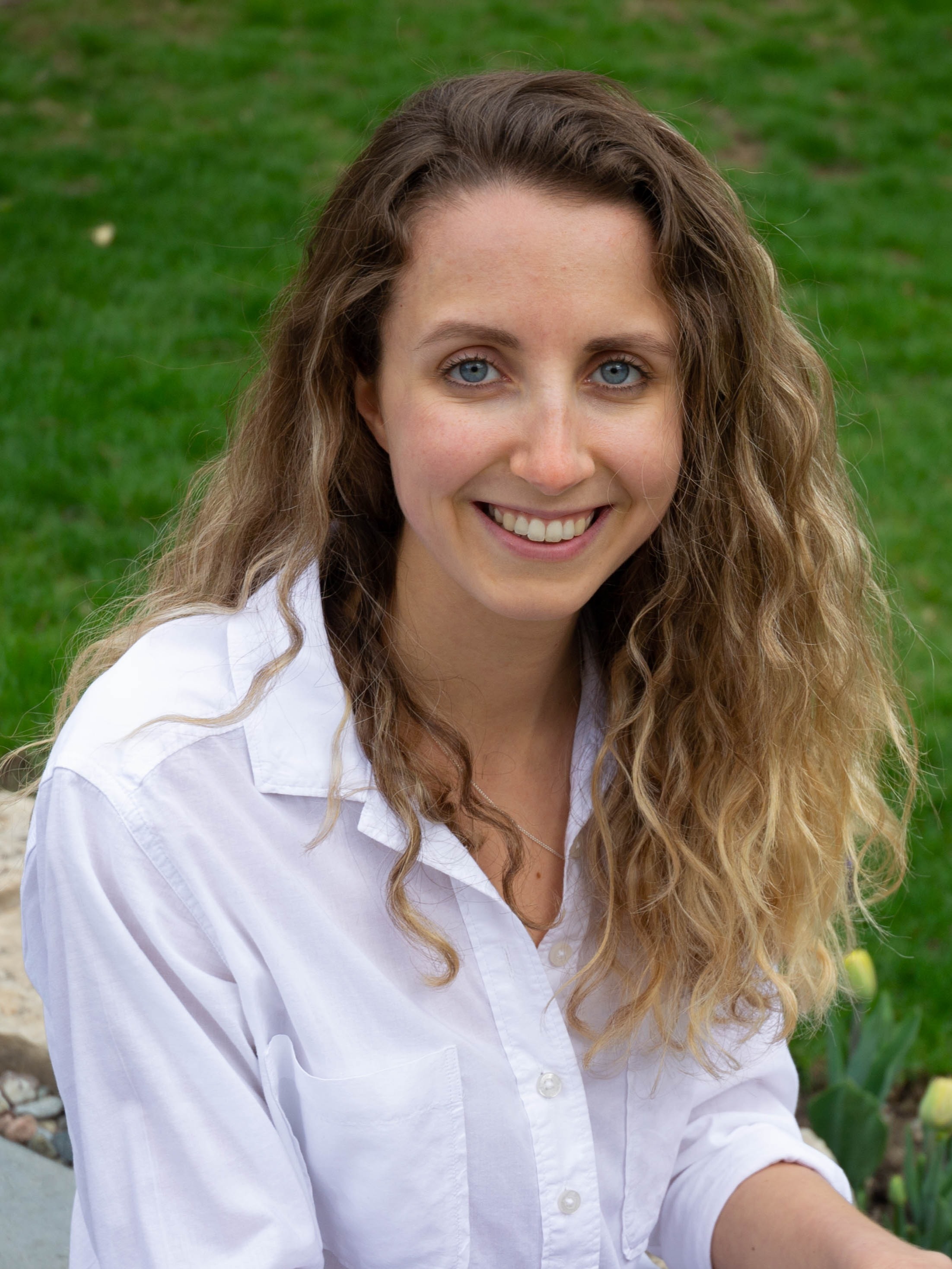
Jillian Sprenger
- Alumni
- Canada
- 2021 MPhil Environmental Policy
- Corpus Christi College
During my undergraduate degree in Global Health, I studied complex global issues such as food insecurity, forced migration, and antimicrobial resistance. Believing that understanding local contexts is a prerequisite to effectively addressing such issues, my research took me to Myanmar, Taiwan, Ecuador, Ethiopia, and Sri Lanka to interview and learn directly from those who have experienced these challenges. Through this process, I became increasingly aware that at the heart of many societal problems lies climate change. Creative mechanisms are needed to address this fundamental challenge. I am particularly fascinated by how the law may be used in new ways for this purpose. Whether through the pursuit of litigation to hold organizations accountable for their actions, or through the implementation of legal mandates to enable transition to a net-zero economy, the law may play a vital role in addressing the climate crisis. Through Cambridge’s MPhil in Environmental Policy, I plan to study how the law on national and international scales may be wielded effectively to address climate change. I am honoured and humbled to join the Gates Cambridge community and to learn from peers equally dedicated to having a positive impact on the world.
Previous Education
University of Toronto Medical Biophysics 2021
University of Toronto Global Health 2019
Kiran Sridhar
- Alumni
- United States
- 2019 MPhil Strategy, Marketing, and Operations
- Robinson College
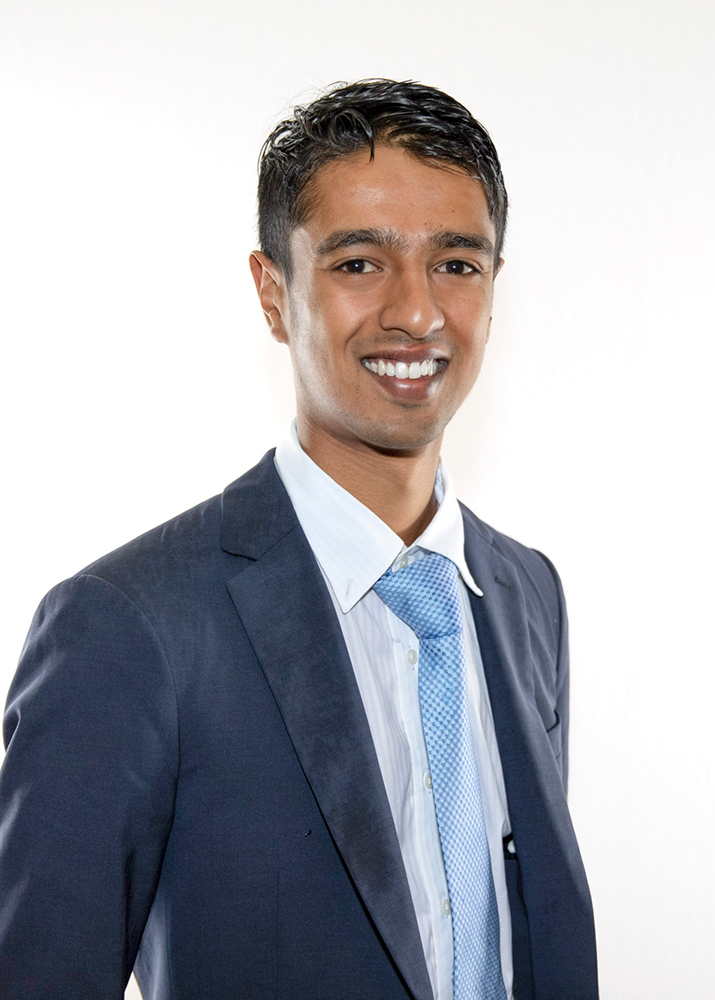
Kiran Sridhar
- Alumni
- United States
- 2019 MPhil Strategy, Marketing, and Operations
- Robinson College
Throughout my life, I have been motivated to learn about and tackle big problems—including hunger and nuclear security. There are few more pressing problems facing the world than the specter of cyberwarfare. Our lives are increasingly reliant on technology; a cyberattack could imperil our health, security, or economic prospects. This is a challenge my generation will face, particularly for those living in liberal democracies, like the US, where my parents immigrated to and which has provided me with so many opportunities. I want to be a part of the solution. I’m particularly interested in quantifying the costs of cyberattacks. After all, if we aren’t able to price the risk, companies cannot determine the optimal levels of protection and governments can’t impose the optimal amounts of regulation. After spending a year at Tsinghua University in Beijing, I am incredibly excited to study Strategy, Management, and Operations at Cambridge, working with the Centre for Risk Studies, which has been a leader in calculating aggregate risk in cybersecurity. I hope to conduct research in partnership with government agencies, insurance companies, and computer science researchers to elucidate the cyber threat.
Previous Education
Tsinghua University Masters in 2020
Stanford University BA Economics 2019
Sridhar Sriram
- Alumni
- United States
- 2019 MPhil Technology Policy
- Hughes Hall
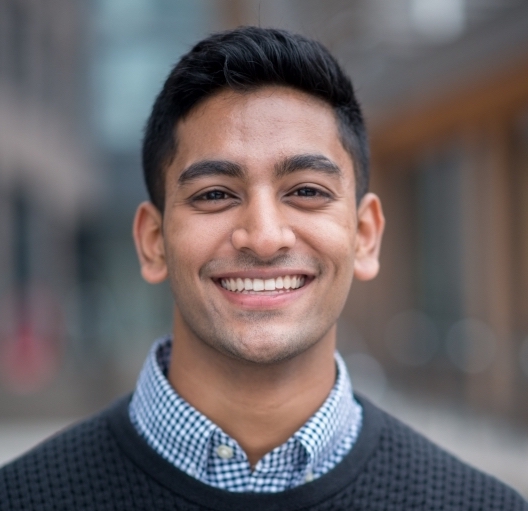
Sridhar Sriram
- Alumni
- United States
- 2019 MPhil Technology Policy
- Hughes Hall
Growing up, I was fortunate to have a family that stressed that my actions were only meaningful if they wielded a positive impact on those around me. Likewise, I also became interested in the way people interacted with each other — a fascination that turned into short stories tucked away in various notebooks. As I entered college, my interest in societal interactions led to a major in Public Policy in an attempt to turn those fiction pieces into policies. Likewise, an unexpected, yet budding, love for technology inspired me to pursue Computer Science to author short stories of impactful, real-world code. Focusing on this intersection of technology and policy, I wanted to leverage technology as an empowering medium to uplift my surrounding communities. However, I quickly discovered that contemporary technologies are riddled with biases that manifest themselves in the algorithms that power these tools. With an MPhil in Technology Policy, I hope to gain an understanding of how best to regulate algorithmic bias without hampering the innovation process, while also exploring the technical frameworks necessary to tackle such biases. In doing so, I hope to combine holistic policies with tangible, technical standards to craft the necessarily diverse, inclusive, and equitable technologies of the future. I am so grateful to join the Gates-Cambridge community and am excited to learn about the world’s stories through peers that are equally committed to improving the lives of others.
Previous Education
Rutgers University Bachelor of Science in Public Policy & Bachelor of Arts in Computer Science, concentration in Urban Informatics 2019
Susanne (Frederica) Stahl
- Alumni
- Austria
- 2011 MPhil Human Evolutionary Studies
- Churchill College
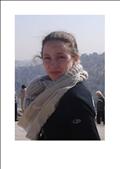
Susanne (Frederica) Stahl
- Alumni
- Austria
- 2011 MPhil Human Evolutionary Studies
- Churchill College
At Harvard University I majored in the History of Science with a focus on Mind, Brain and Behavior. There my thesis analyzed the history of the pineal gland. The neuroendocrine though hidden between your brain hemispheres behind skin and skull, has light sensitive properties, which produced intriguing narratives about its evolution and function. This research as well as volunteer work at BMC’s women’s resource center sparked an interest in the biological and historical relationship between human and environment. How does our environment affect us? How do we become aware of these effects? In New York, I researched physician-industry relationships and dual-loyalties in military medicine at Columbia’s Center on Medicine as a Profession. At Columbia’s Memory Lab I explored metacognition of agency and failure. At the Cambridge, I will study evolutionary studies and research the underpinnings of theory of mind in order to grapple with the biological and evolutionary limits of perspective.
Uta Staiger
- Alumni
- Germany
- 2005 PhD German
- King's College
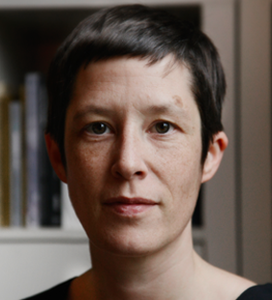
Uta Staiger
- Alumni
- Germany
- 2005 PhD German
- King's College
I direct the UCL European Institute, UCL’s hub for research on Europe, which I co-founded in 2010. As Pro-Vice-Provost (Europe) I also advise the university on strategic partnerships with European universities and provide leadership for UCL's Brexit mitigation. My research sits at the intersection of modern European thought, culture and politics. I’m currently a member of the Russell Group EU Advisory Group and the Advisory Board of the Scottish Council on European Relations, and a Fellow of the Royal Society of the Arts.
Maximilian Stammnitz
- Alumni
- Germany
- 2016 PhD Veterinary Medicine
- Pembroke College

Maximilian Stammnitz
- Alumni
- Germany
- 2016 PhD Veterinary Medicine
- Pembroke College
As a PhD student in the Transmissible Cancer Group of Dr. Elizabeth Murchison (2015 - 2020), I have worked on Transmissible Tasmanian Devil Facial Tumour Disease (DFTD) genetics through computational analyses of large-scale DNA and RNA sequencing data. I am now an EMBO fellow at the Centre for Genomic Regulation, Barcelona.








